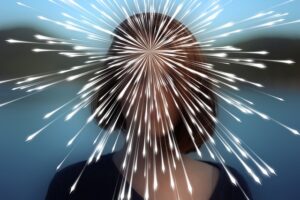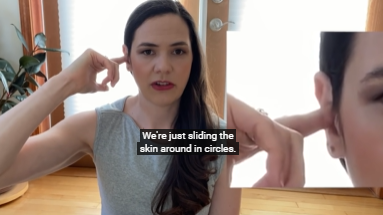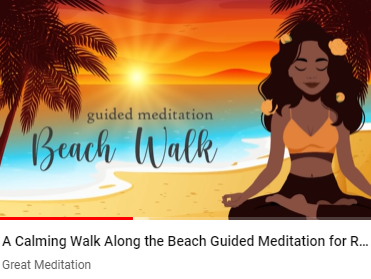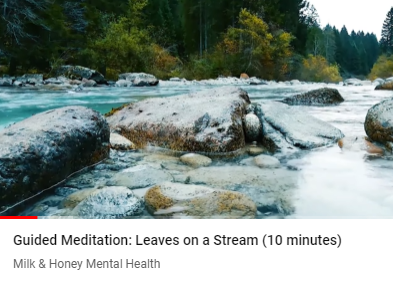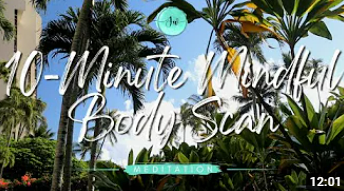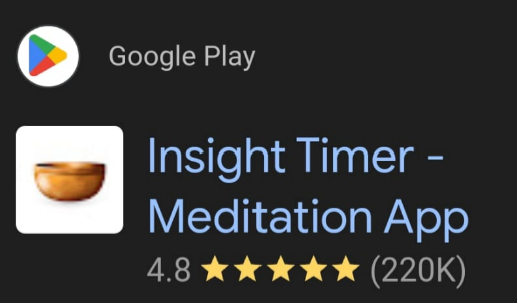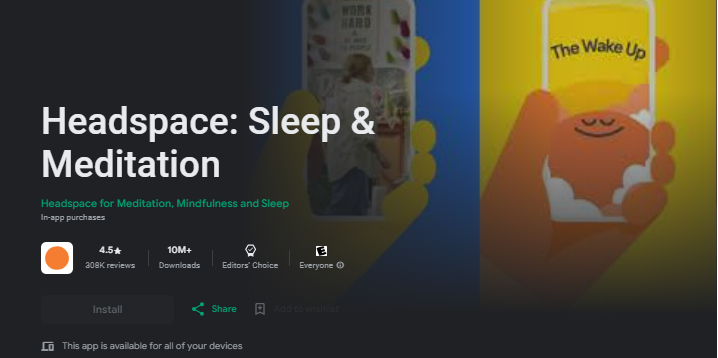Dysautonomia
Dysautonomia is when the Autonomic Nervous system doesn’t work properly. The Autonomic Nervous System controls the “automatic” functions of the body that we do not consciously think about, such as heart rate, blood pressure, digestion, dilation and constriction of the pupils of the eye, kidney function, and temperature control. People living with various forms of dysautonomia have trouble regulating these systems, which can result in lightheadedness, fainting, unstable blood pressure, abnormal heart rates, malnutrition, irregular urinary or bowel frequency, dry eyes an mouth and difficulties controlling body temperature. There can be lots of causes – you can find out more here and more here and here
The NHS has a teaching space where you can learn more called Turas Learn
There is a very helpful powerpoint presentation HERE
The autonomic nervous system (ANS) is a subcomponent of the peripheral nervous system (PNS) that regulates involuntary physiologic processes, including blood pressure, heart rate, respiration, digestion, and sexual arousal. It comprises three distinct ‘systems’, the sympathetic, parasympathetic, and enteric nervous systems.
Simply put, whatever the parasympathetic nervous system does, the sympathetic nervous system does the opposite. Because the sympathetic nervous system is commonly known to be involved in ‘fight or flight’ responses (it prepares your body for activity like running from danger), if it is over-active due to the autonomic nervous system dysfunctioning, people can feel like they are being labelled as ‘over anxious’ and being told their symptoms are not physical. This is not the case. It is important though to stimulate your parasympathetic nervous system to correct the imbalance. This is a healthy thing for ANYONE to do, even if they don’t have dysautonomia.
The parasympathetic nervous system has many functions:
- constricts pupils
- stimulates salivation
- decreases heart rate
- controls bronchial constriction
- stimulates digestion
- stimulates gallbladder
- contracts bladder
- relaxes rectum
- controls vaginal lubrication
- controls penile erection
- control peripheral vasodilation
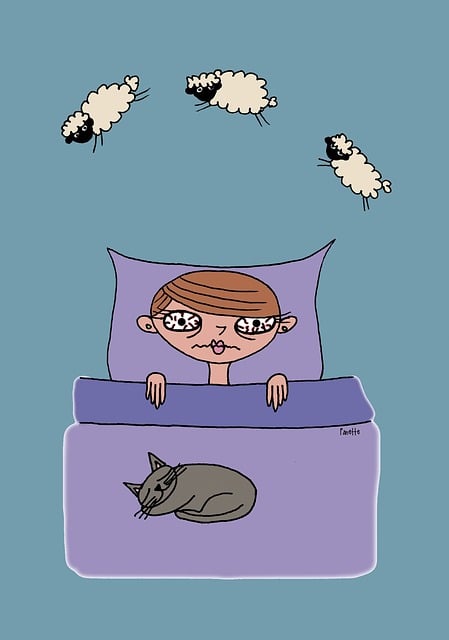
If your sympathetic nervous system is in overdrive, this can show up as:
- Sleep issues and insomnia
- Digestive issues and food sensitivities
- Fatigue and post-exertional malaise
- Chronic inflammation and chronic pain
- Heart palpatations and/or elevated resting heart rate
- Hormonal imbalances and development of related disorders
- Anxiety and panic disorders
- Cognitive disturbances and brain fog
- Sensory sensitivities (light, sound, touch, taste, smell)
- Overactivity of the immune system and development or worsening of auto-immune conditions
self help - stimulate the parasympathetic nervous system
- Avoid caffeine and sugar.
- Don’t rush!
- Pause and check in with yourself regularly.
- Yawn regularly, even if you don’t feel like it
- Singing, Chanting or Humming
- Laughter
- Sleeping or Lying on your right side
- Gargling
- Apply a cold compress to your head or back of your neck – or 1 min cold shower just over your head
- Avoid your phone first thing in the morning and during the evening
- Have a good routine with a balance of stimulation and rest
- Avoid negativity and negative people
Yogi Nidra
Yogi Nidra is a form of mindfulfulness that focusses your mind on different parts of your body, on relaxation and breathing. It ‘switches’ off your busy mind.
Exercise
Intensive exercise stimulates our Sympathetic Nervous System (SNS), however, light cardio exercise can actually decrease SNS activity and activate our PSNS. The key is balance. If you have severe dysautonomia you will be incapable of cardio – but if you can, at least find some stretches and gentle activity that you can manage. Even daily tasks might be enough.
Connect with Nature
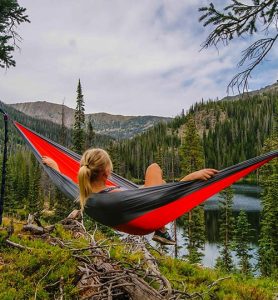
If you can’t walk, just find somewhere to sit and breathe. Hug a tree! Lie on the grass. Watch the clouds or stars. Some people are great believers in ‘grounding’ – taking off your socks and shoes and walking in the grass barefoot.
